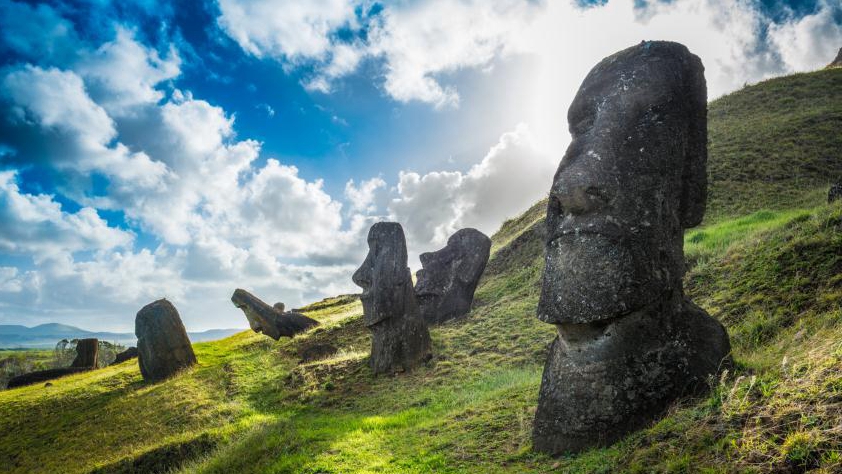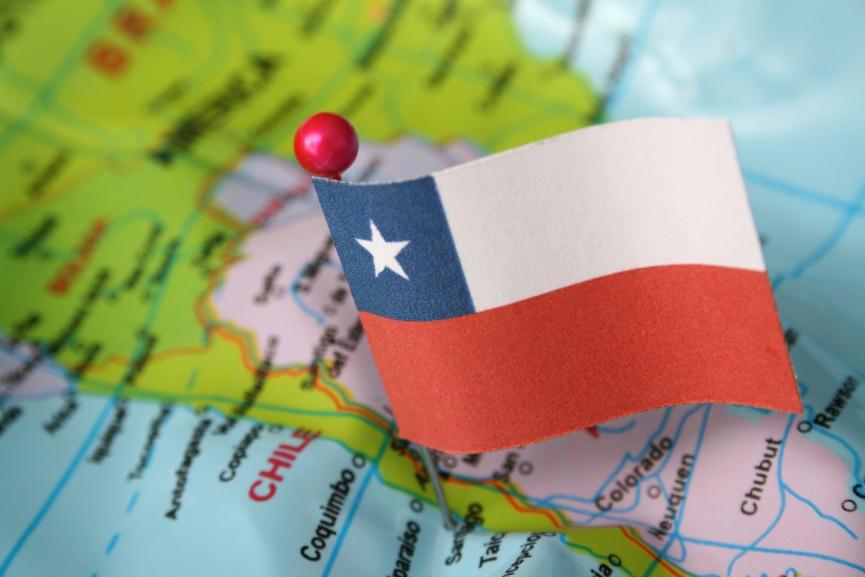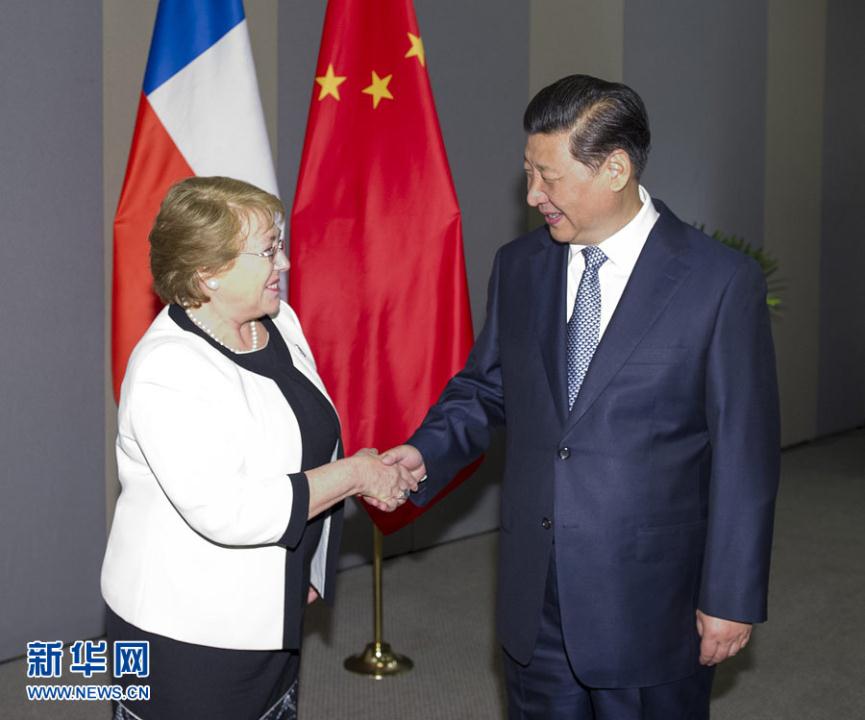Hola, Chile! A nation ‘at the end of the world’
2016-11-21 09:30 GMT+8
to

Editor
Meng Yaping
“He who does not know the Chilean forests, does not know the planet.” Chile’s beloved poet Pablo Neruda once wrote this line in his memoir. But what is it that makes his homeland such a special country?
A LONG AND NARROW LAND

If you take a look at a map of South America, you will find a long and narrow country on the western side of the continent, snaking along the Andes mountain range. Clinging to the edge of the continent and sharing borders with Peru, Bolivia and Argentina, Chile is the world’s longest country, stretching over 4,300 kilometers from north to south with an average width of just 200 kilometers.
Chile is splendidly diverse in its geographical make-up. To its north it has the Atacama Desert, the world's driest desert, and in the far south giant glaciers look across towards Antarctica. Thanks to its stunning and unique scenery, Chile has a mysterious and fascinating aura about it, handing it the nickname of the nation at “the end of the world”.
A DIVERSE CULTURE

The vibrant array of cultures in the country displays the diversity of Chile. In 2015, the World Bank said the population reached 17.9 million.
Immigration has shaped the population of Chile, with the majority of the population being mestizo (mixed race), while "Whites" make up the second largest ethnic group. About 4.6 percent of Chile’s population identifies as being of indigenous origin. Although the official language is Spanish, there are also several indigenous languages spoken in Chile.
A HIGHLY COMPETITIVE NATION

Chile is one of the most stable and prosperous economies in South America, and is listed as a country with high income by the World Bank. As the world’s biggest copper producer, and the country with the biggest reserves, Chile has a well-developed copper mining industry, which represents over 55 percent of the country’s exports. Apart from plentiful natural resources, the country has also attracted many foreign investors with its liberal economic policies, low levels of corruption and an open trade policy.
Tourism is another important industry for Chile, and the country has witnessed a rapid growth in the number of foreign visitors in the past few decades. Visitors come to see the country’s numerous cultural and natural heritage sites, such as the Rapa Nui National Park on remote Easter Island, where mysterious stone sculptures were erected more than 3,000 years ago. The enigmatic wonderland that is Chile – with its traces of the amazing Inca civilization, stunning volcanoes and dazzling sandy beaches – has a wealth of locations and experiences on offer for intrepid travelers.
From 2015, Chinese visitors will be able to enjoy visa-free access to the country. Chinese tourists and business travelers no longer need a separate visa to visit Chile if they have visas for the United States or Canada that are valid for more than 6 months.
CHINA & CHILE RELATIONS

Chinese President Xi Jinping (R) meets with Chilean President Michelle Bachelet in Brasilia, Brazil, July 16, 2014
Chile officially established diplomatic relations with China on December 15, 1970, becoming the first South American nation to forge diplomatic ties with Beijing. It is also the first Latin American country to have signed a free trade agreement with China.
Since relations were established, the two countries have seen bilateral cooperation develop steadily, with fruitful high-level visits. In October 2013, President Xi Jinping met with Chilean President Sebastian Pinera on Bali Island, Indonesia. During this meeting, the two countries established the Permanent Binational Commission and Mechanism for Strategic Dialogue for Economic Cooperation and Coordination. One year later, Xi met with newly-elected President Michelle Bachelet in Brasilia, and discussed bilateral cooperation in fields such as mining, agriculture, renewable energy and finance.
At the end of November, President Xi is set to visit Chile as part of his three-nation tour of South America, following visits to Ecuador and Peru. The trip is expected to enhance bilateral ties and further improve China-Chile economic cooperation.
(Written by Wang Xuejing)
Copyright © 2017
